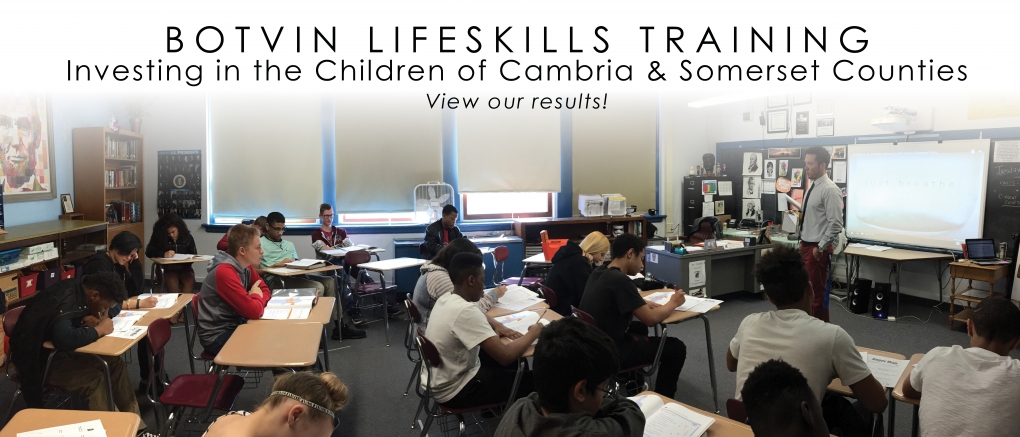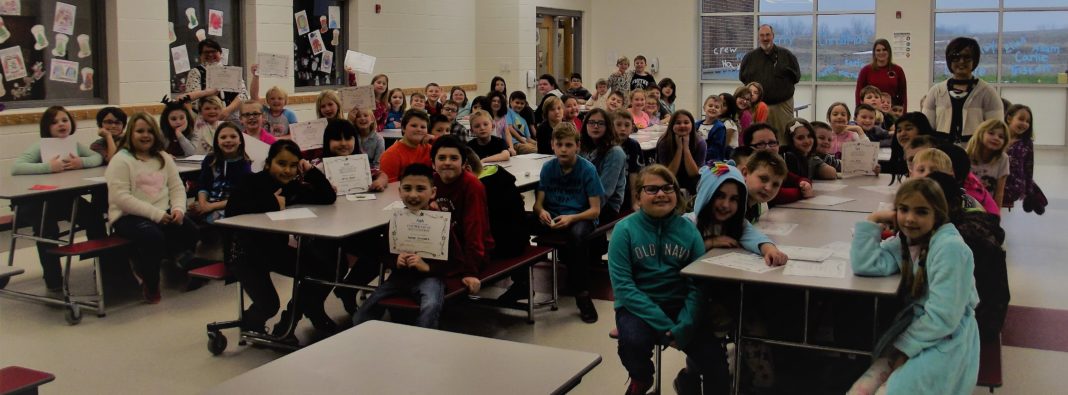Botvin LifeSkills Training (LST) is a research-validated substance abuse prevention program proven to reduce the risks of alcohol, tobacco, drug abuse, and violence by targeting the major social and psychological factors that promote the initiation of substance use and other risky behaviors.

Developed by Dr. Gilbert J. Botvin, a leading prevention expert, Botvin LifeSkills Training is backed by over 30 scientific studies and is recognized as a Model or Exemplary program by an array of government agencies including the U.S. Department of Education and the Center for Substance Abuse Prevention.

Rather than merely teaching information about the dangers of drug abuse, Botvin LifeSkills Training promotes healthy alternatives to risky behavior through activities designed to:
- Teach students the necessary skills to resist social (peer) pressures to smoke, drink, and use drugs.
- Help students to develop greater self-esteem and self-confidence
- Enable students to effectively cope with anxiety.
- Increase their knowledge of the immediate consequences of substance abuse.
- Enhance cognitive and behavioral competency to reduce and prevent a variety of health risk behaviors.

The Botvin LifeSkills Training program consists of three major components that cover the critical domains found to promote drug use. Research has shown that students who develop skills in these three domains are far less likely to engage in a wide range of high-risk behaviors. The three components are:
Drug Resistance Skills: Enables young people to recognize and challenge common misconceptions about tobacco, alcohol and other drug use. Through coaching and practice, they learn information and practical ATOD (Alcohol, Tobacco, and Other Drug use) resistance skills for dealing with peers and media pressure to engage in ATOD use.

Personal Self-Management Skills: Students learn how to examine their self-image and its effects on behavior; set goals and keep track of personal progress; identify everyday decisions and how they may be influenced by others; analyze problem situations, and consider the consequences of each alternative solution before making decisions; reduce stress and anxiety, and look at personal challenges in a positive light.
General Social Skills: Students develop the necessary skills to overcome shyness, communicate effectively and avoid misunderstandings, initiate and carry out conversations, handle social requests, utilize both verbal and nonverbal assertiveness skills to make or refuse requests, and recognize that they have choices other than aggression or passivity when faced with tough situations.

LifeSkills Provider Training Workshops prepare teachers, school counselors, prevention specialists, police officers, community youth educators, and other program providers to effectively implement the state-of-the-art prevention education activities and teaching strategies found in the LST program.
According to lifeskillstraining.com















